Natural or artificial (man-made) materials that make up all or part of a living structure or biomedical device are known as biomaterials. Biomaterials are materials that interact with biological systems, whether they are natural or synthetic, alive or dead, and usually made up of many components. In medical applications, biomaterials are frequently employed to supplement or replace natural functions. A well-designed biomaterial should perform its function in the living body's environment without causing harm to other organs. To achieve this, a biomaterial must be nontoxic. Biomaterials Science is an important component of the larger field of Biomedical Engineering. Biomedical Engineering and Biomaterials have embraced biology as a basic science on which they build, whereas Engineering, and Materials Science by extension, used to get their basis from mathematics, physics, and chemistry
A medical device is any instrument, equipment, implement, machine, appliance, implant, in vitro reagent, software, material, or other similar or related product that the manufacturer intends to be used for a medical purpose, either alone or in combination. On the global market today, there are an estimated 2 million different types of medical devices, divided into about 7000 generic device groups. A medical device is a gadget that is used to diagnose, prevent, or treat a medical disease or condition without affecting any portion of the body chemically. Medical devices are an important part of health-care systems, and the benefits they can give are growing.
- Biomaterials for Energy production
- Biomaterials in Medical Devices
- Biocompatibility of polymer-based biomaterials and medical devices and surgical intervention

Ephraim Suhir
Portland State University, United States
Thomas J Webster
Interstellar Therapeutics, United States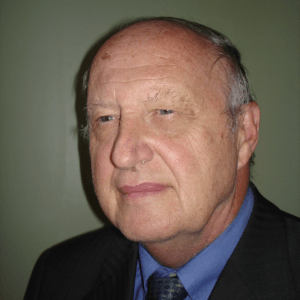
Robert Buenker
University of Wuppertal, Germany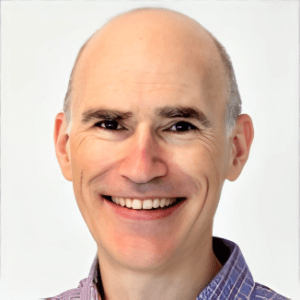
Will Skene
Montreal University, Canada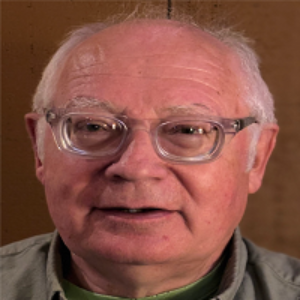
Valeriy A Buryachenko
Micromechanics & Composites LLC, United States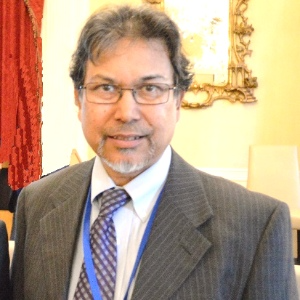
Anis Rahman
Applied Research & Photonics, Inc, United States
Will Skene
Montreal University, Canada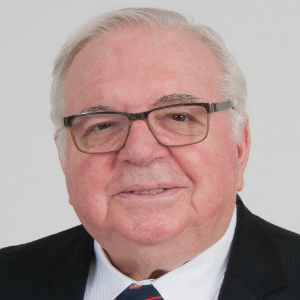
Robert Guidoin
Laval University, Canada
Robert Buenker
University of Wuppertal, Germany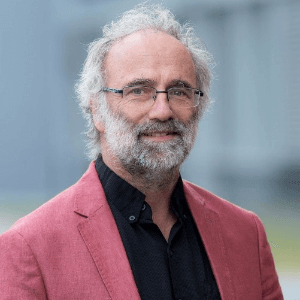


Title : Introducing picotechnology: An exciting extension of nanotechnology
Thomas J Webster, Interstellar Therapeutics, United States
Title : The failure of both einsteins space-time theory and his equivalence principle and their resolution by the uniform scaling method
Robert Buenker, University of Wuppertal, Germany
Title : Material challenges with proton conducting ceramics for intermediate temperature hydrogenation/dehydrogenation applications
Saheli Biswas, Commonwealth Scientific and Industrial Research Organisation, Australia
Title : Porphyrin layers at metal-electrolyte interfaces monitored by EC-STM and CV
Marek Nowicki, University of Wroclaw, Poland
Title : Color control of electrochromes by structural modification
Will Skene, Montreal University, Canada
Title : Make experiments more efficient: Two simple and powerful approaches. Mg2Si growth for photovoltaic and thermoelectric applications
Alexander S Gouralnik , Institute of Automation and Control Processes, Russian Federation
Title : Reconfigurable antenna structures using tunable materials
Nasimuddin, Institute for Infocomm Research, Singapore
Title : (0, 1 and 2) Dimensional hybrid architecture of the synthesized materials leads the smart sensing of the gaseous species at low/room temperature
D R Patil, North Maharashtra University, India
Title : Enhanced grain refinement, precipitates regulation, and improved mechanical properties of cast Al-Li alloy by Ti addition and heat treatment
Lixiong Shao, Shanghai Jiao Tong University, China
Title : Broadband sound attenuation of shape memory polymer with triangular-honeycomb unit cell metamaterial structural design
Musaab Ejaz, Universiti Teknologi PETRONAS (UTP), Malaysia